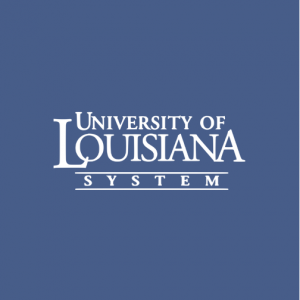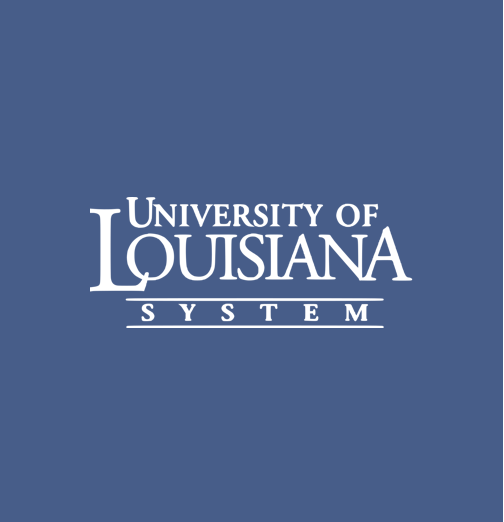Core Competencies Implementation
Preparing graduates for life and career success
Communication Competence

Examples from across the Curriculum
- General education writing and oral communication courses
- Courses that include âwriting across the curriculumâ
- Information literacy courses that focus on digital communication
Suggestions for Assessment
- Rubrics that measure communication competence, such as AACUâs VALUE rubrics, âWritten Communication,â âOral
°ä´Ç³¾³¾³Ü²Ô¾±³¦²¹³Ù¾±´Ç²Ôâ - Digital portfolios of student work
- Research assignments that include a presentation component
Critical and Creative Problem Solving
Examples from across the Curriculum
- General education courses in logic or critical thinking
- Courses in the humanities, arts, or social sciences that promote the analysis of differing points of view or perspectives, that explore
causality and consequence - Major courses that require solutions to problems (problem-based learning) or action research
Suggestions for Assessment
- Grading of case studies in which solutions to a problem are examined
- Using the AACU VALUE rubrics, âProblem Solving,â âCritical Thinking,â or âCreative Thinkingâ to assess an activity
- Papers or assignments that require synthesis and analysis
Adaptable Resilience
Examples from across the Curriculum
- Courses that include sustained, long-term assignments, requiring students to plan and carry through
- Courses or experiential learning activities that require students to put in the necessary time, to âshow upâ
- Assignments that include unexpected challenges, changing parameters
- Graduating from a UL System university
Suggestions for Assessment
- Direct assessment or data on course completion, graduation rates, persistence, and retention
- Reflection papers or journals showing process and strategies for success
- Evaluations from internship supervisors or others who work with students in experiential learning, using VALUE rubric,
âFoundations and Skills for Lifelong Learningâ
Cultural Competence
The ability to work respectfully and productively with people from diverse social, racial, cultural, economic, ideological, and educational backgrounds.
Examples from across the Curriculum
- Courses examining features of various cultures or beliefs, including ethical, racial, political, religious, or social
- General education courses on culture (humanities and social sciences, the arts)
- Assignments that purposefully provide opportunities for students to work in diverse teams; to work with interdisciplinary content;
to discuss concepts, issues, events, and themes from diverse ethnic, racial, cultural groups - First-year experience courses, interdisciplinary courses
Suggestions for Assessment
- Peer assessments of group interactions
- Self-reflection papers or journals
- Experiential learning projects where working with diverse groups is a component
- VALUE rubric, âIntercultural Knowledge and Competenceâ
Self-Reflective Awareness
The ability to learn, to actively pursue knowledge, and to continuously self-evaluate in current circumstances.
Examples from across the Curriculum
- General education courses or first-year experience courses that invite students to reflect on their baseline knowledge or abilities
- Majorsâ courses that include reflective assignments, the opportunity to revise and re-submit
- Experiential learning activities that require reflection and growth
Suggestions for Assessment
- Reflection papers or journals, showing growth
- Use of VALUE rubrics, âIntegrative Learningâ âFoundations and Skills,â for assignments or activities
- NSSP or other standardized tests that measure attitudes, promote reflection





